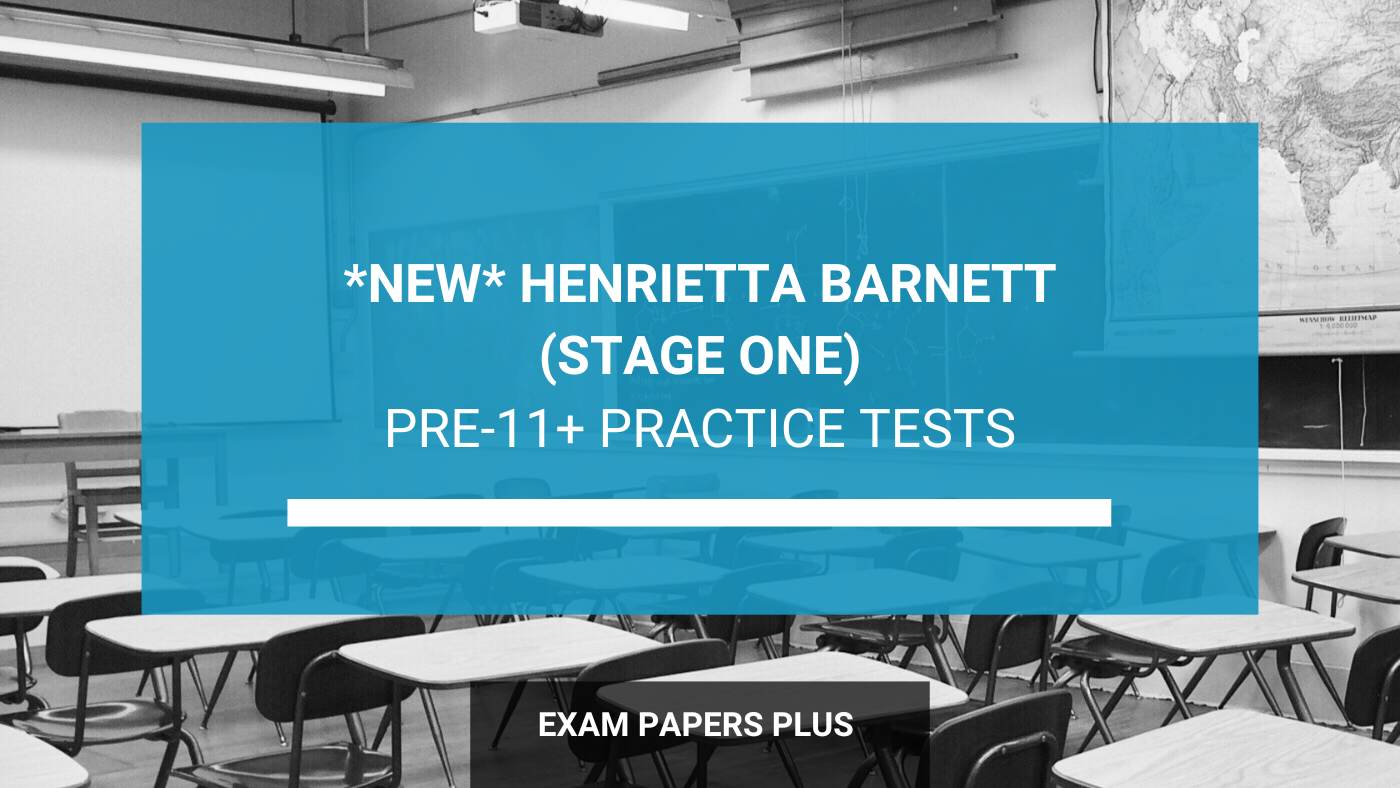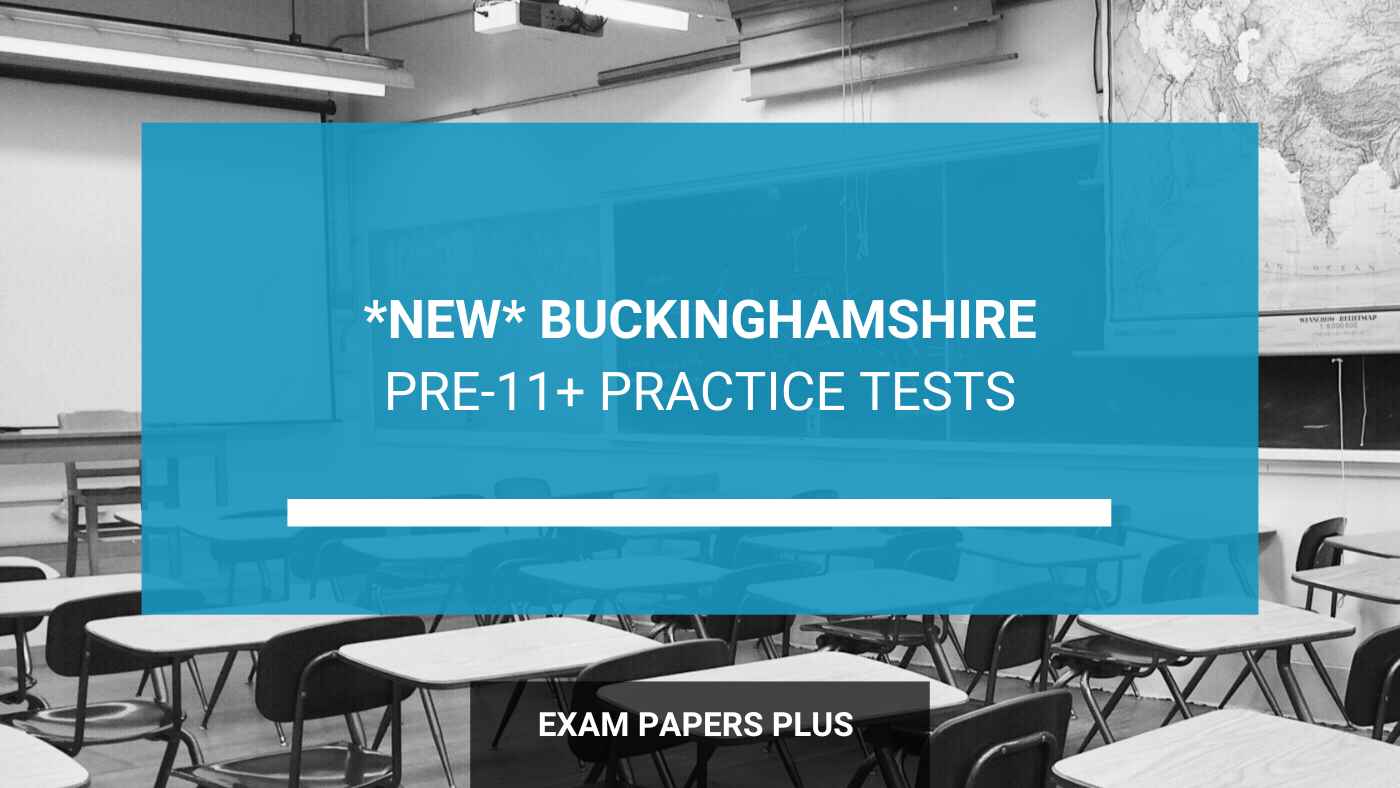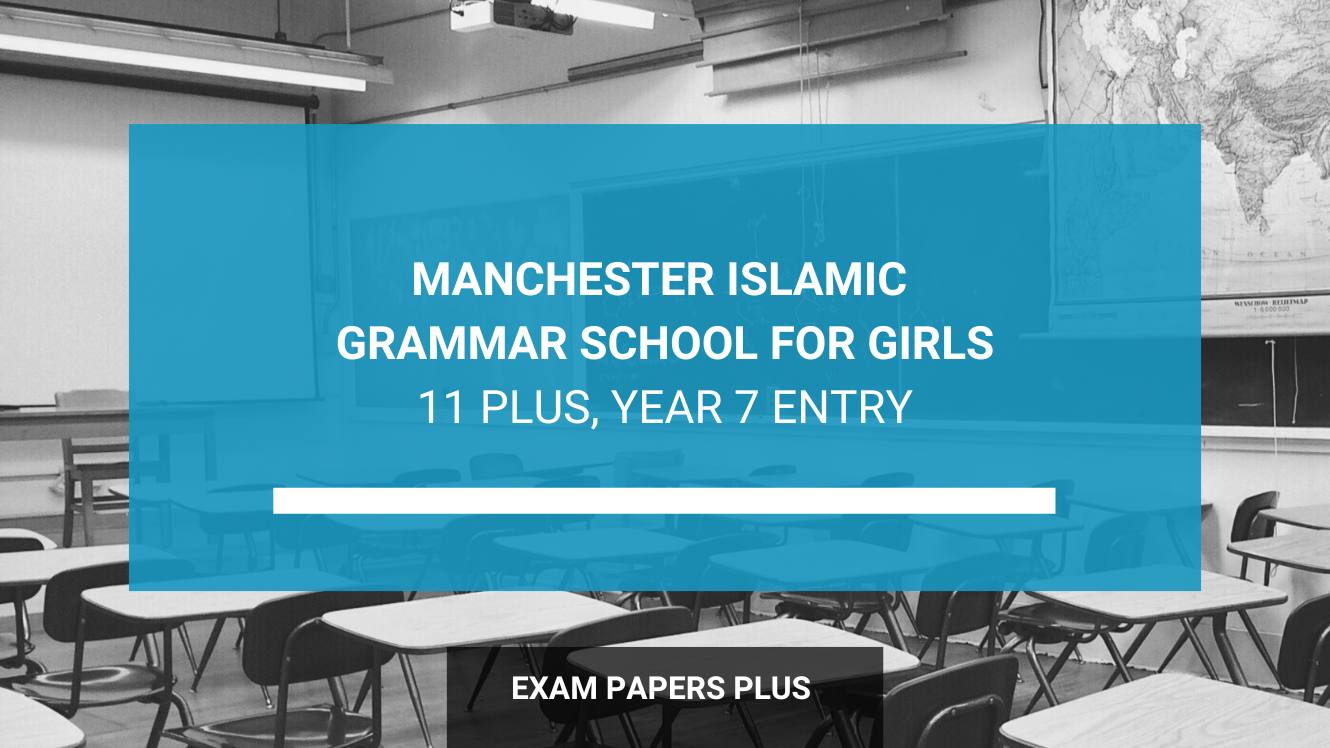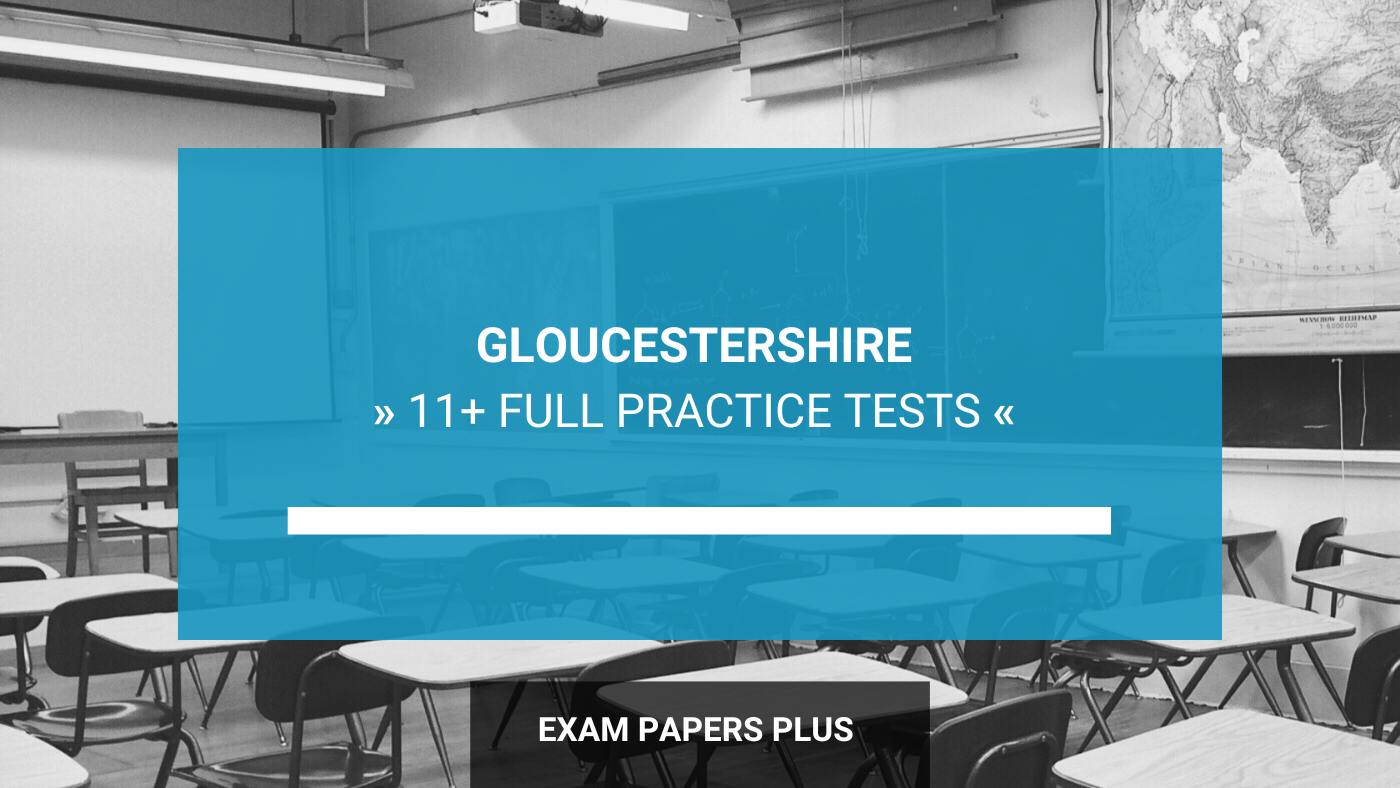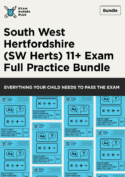
How to Choose a Grammar School For Your Child
Bookmark this page? Pop your email into the box below to receive a link to this article so you can easily refer back to it later.
Table of Contents
Choosing a grammar school for your child is a big decision – after all, they’ll be spending 5+ years there and there are 164 of them in total in England. Unfortunately, deciding on a grammar school isn’t as simple as making an application.
When we consider that your child’s 11 Plus exam results will be a determining factor in their options, the decision becomes ever-more important. In this post, we will guide you through the process of choosing a grammar school with your child.
Research Schools in Your Local Area
The first thing to do when exploring your child’s grammar school options, is to find out what schools are in your area. This includes state comprehensive schools as well, as it’s important that you know what the grammar school alternatives are.
Ask friends and neighbours who have older children where they went to school and ask their opinions on the level of education they received, including the quality of teaching etc. Knowing what schools other children in your area attend gives you a good grounding on which to base your own decision.
If you live in one of the larger grammar school areas, you’ll likely be able to choose from a few different schools. However, if you live outside a grammar school area, your choice may be significantly limited, and boarding may be an option to consider.
It’s important that you factor in the logistics of your child attending a school in a different local authority as travel time, expenses etc. can quickly become ‘issues’ if not accounted for beforehand.
If you live in London, you might find our post Grammar Schools in London a useful resource.
Consider Whether Your Child Would Qualify for a Bursary

Many parents don’t consider the option of applying to fee-paying independent schools but there are those that offer bursary and scholarship programmes. Furthermore, if your child shows exceptional ability in a subject like art, drama, sport or music, then fee-paying schools could also be an avenue to explore. Some schools have scholarships for extra-curricular activities.
Read Reviews of Each School
Once you’ve drawn up a long-list of potential schools, the next stage is to create a short-list. One of the criteria on your short-list should be quality. The best way to determine how good a school might be, is to read reviews from current and former pupils, parents and teaching staff.
A good place to start is the school’s own website. How do they describe themselves? What activities and facilities do they offer? Have they won any awards in any particular areas? How the school sees itself is an important consideration.
For non-biased reviews of your grammar school short-list, look for independent websites like The Good Schools Guide and School Guide. Normally the schools reviewed on these sites have been visited in person by someone from the website and so the reviews are usually a first-hand account.
You should also read the OFSTED reports for each school for a deeper insight into the school’s performance. It’s easy to make assumptions about a school on the surface, but once you look at their statistics, you’ll get a far clearer overview of what the school is like.
Secondary school league tables are also an important consideration, especially if your child has the choice of several schools. A school’s position in the league tables is often a reflection of the quality of teaching at the school. Likewise, if your child has special needs, check the school’s SEN policies.
Another good source of information on grammar schools is 11 Plus forums where parents just like you are asking the same questions.
Check the Admissions Policies of Each School

Most schools admit pupils on the basis of their 11 Plus exam results. However, there are often other conditions attached to entry, such as the outcome of a face-to-face interview and the results of a school report from the pupil’s current school.
It’s important that you’re aware of each school’s admission policy to determine whether your child has a chance of being accepted. We’d also advise that you contact the school’s admissions secretary for more information on their entry process.
Arrange a Visit to Your Short-Listed Schools
It’s one thing to read reviews from other people online, but quite another to visit the school in person. Most schools offer guided tours to parents and pupils who are interested in applying for a place. These visits give you the opportunity to see the school grounds, meet current pupils, teaching staff and very often, the headteacher. Grammar schools also host regular open days, where all parents and prospective students are invited to visit and meet teaching staff.
Visiting a grammar school in person gives you an insight into what a typical school day is like and helps you get a feel for the place.
Discuss the Options with Your Child

At first, you child may not have any strong feelings about one school over the other, but the more you discuss their options, the more you’ll be able to judge what school might be the best fit for them. Some things that you may want to consider with your child include:
- The facilities and activities on offer
- The location of the school grounds
- Your child’s first impressions of the school
- The distance to the school from home
- How your child found the teaching staff and pupils
- Your child’s academic strengths and weaknesses
- Your child’s sociability
When discussing the options with your child, try to determine the reasons why they prefer one school over another. Try as much as possible, to keep your opinions to yourself initially, so as not to influence them one way or another. Sometimes, disagreeing with your child too early can make them all the more determined to stick to their decision. Once your child has had a few days to mull over their options, ask them again what their thoughts are and then ask them if you can share your opinions.
Rank Your Preferred Schools in Order
Once you’ve discussed all the options, the final stage is to rank your child’s preferred schools in order. Whether you have a list of 8 schools, or a list of 2, it’s important that you have a backup in case your child doesn’t get their first choice. Try to set your child’s expectations in getting a place at their preferred school and try not to put too much pressure on them to perform well in the 11 Plus exams.
Related post:
Bookmark this page? Pop your email into the box below to receive a link to this article so you can easily refer back to it later.





